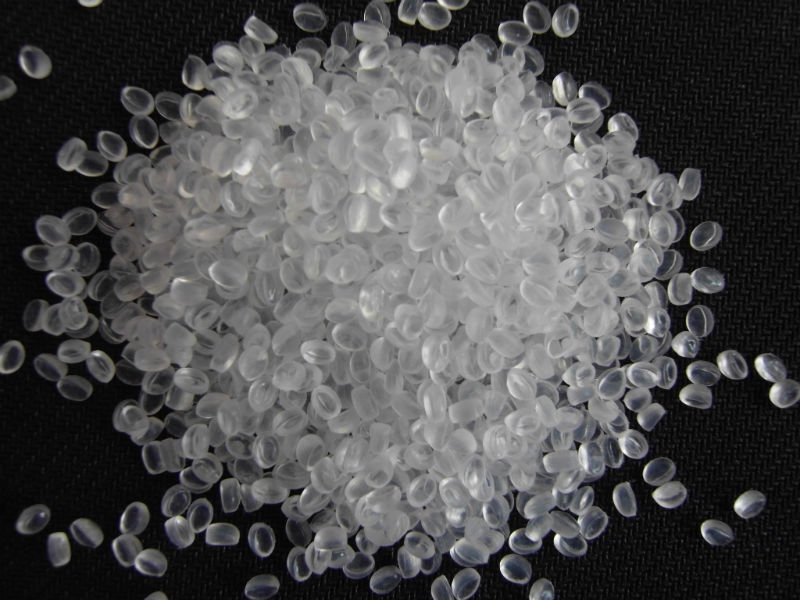How to Export Ethylene Polymers from Nigeria: List of the Requirements
How to Export Ethylene Polymers from Nigeria: List of the Requirements
Ethylene polymers are used in a variety of applications including packaging, automotive, construction, and industrial. The production of ethylene polymers is one of the most important industrial sectors in Nigeria. Despite being an important sector to the economy, there are some regulations that need to be met before exporting ethylene polymers from Nigeria. Here are the requirements for exporting ethylene polymers to foreign countries.
What are the requirements for exporting ethylene polymers from Nigeria?
You are required to have a Nigerian company license in order to export ethylene polymers from Nigeria. You are also required to provide information on the type of ethylene polymers you will be exporting (such as the use of the ethylene polymers within the country). Lastly, you are required to register your company with the Nigerian Customs Service.
How should you export ethylene polymers from Nigeria?
The first thing is that ethylene polymers will typically need to be exported as an oil. The second thing is that before exporting ethylene polymers, you need to register with the Nigerian Federal Ministry of Commerce. A third requirement is that the Nigerian Federal Ministry of Commerce will issue a license for you to export ethylene polymers. The license can be issued for one year or for up to three years. A fourth requirement is that the Nigerian Federal Ministry of Commerce will charge you for the license. A final requirement is that you will need to pay for the transportation of the ethylene polymers out of Nigeria.
Conclusion
Ethylene polymers are a valuable export from Nigeria, but the process is not without its restrictions. As you are developing your export plan, make sure to stay up-to-date on all regulations.
Importantly, it is important to note that there are limits on the quantity of ethylene polymers that can be exported in one shipment. A single shipment cannot exceed five metric tons, with a maximum of 2.5 metric tons of ethylene polymers per container.
Furthermore, the country receiving the shipment must have an import license for ethylene polymers. It is also important to note that an import license is only valid for six months after the date of issuance.
Additionally, there are special restrictions on exporting ethylene polymers to Zambia, Zimbabwe, Kenya, and Uganda. The quantity of ethylene polymers in a shipment to these countries must be less than 20 metric tons with a maximum of 10 metric tons per container.
Because of these regulations, it is important to determine your market before expending any time and resources on the export process.








LEAVE A COMMENT
You must be logged in to post a comment.